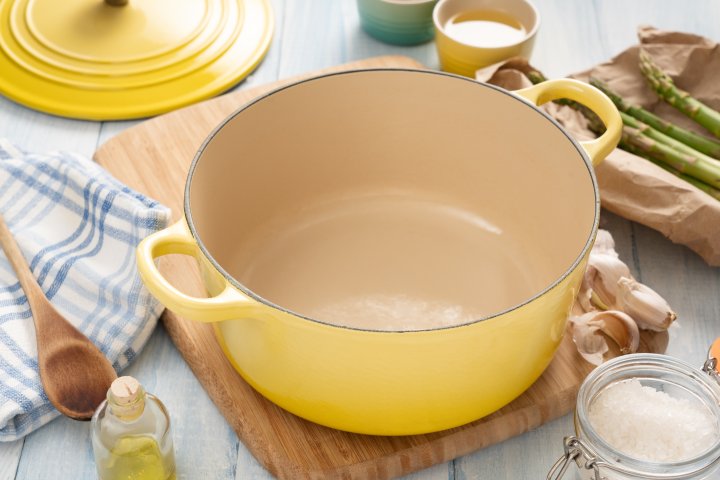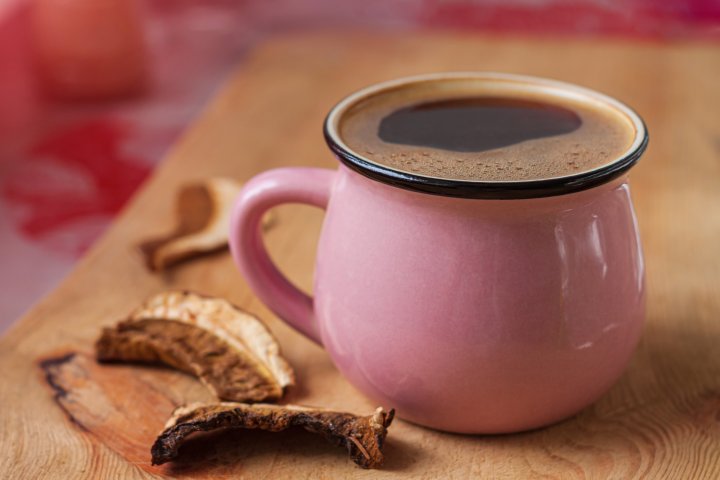The culinary world has been buzzing with the rise in popularity of cast iron cookware. From professional chefs to home cooks, many have turned to this durable and versatile material for their cooking needs. But with so many options on the market, it can be overwhelming to choose the right cast iron cookware for your kitchen. That’s why we’ve put together a comprehensive buyer’s guide to help you make an informed decision.
First and foremost, it’s important to understand the benefits of cooking with cast iron. Not only does it distribute heat evenly, but it also retains heat well, making it perfect for searing, frying, and baking. Additionally, cast iron is known for its durability and can last for generations with proper care. It’s also a chemical-free option, as it does not contain any harmful coatings or non-stick materials.
When it comes to choosing the right cast iron cookware, there are a few key factors to consider. The first is the type of cast iron. There are two main types: traditional cast iron and enameled cast iron. Traditional cast iron is raw and requires seasoning before use, while enameled cast iron has a smooth, non-stick surface and does not require seasoning. Both have their advantages, so it ultimately comes down to personal preference.
Next, consider the size and shape of the cookware. Cast iron comes in a variety of sizes and shapes, from skillets and Dutch ovens to griddles and grill pans. Think about the types of dishes you typically cook and choose accordingly. It’s also important to consider the weight of the cookware, as cast iron can be quite heavy and may not be suitable for those with physical limitations.
Another important factor to consider is the brand and price. While there are many affordable options on the market, it’s important to invest in a reputable brand that offers quality products. Some popular brands include Lodge, Le Creuset, and Staub. Keep in mind that cast iron cookware can be a bit pricier than other materials, but the investment is worth it for its longevity and versatility.
Lastly, don’t forget about maintenance and care. Cast iron requires a bit more attention than other cookware, but with proper care, it can last a lifetime. This includes seasoning, cleaning, and storing the cookware correctly. It’s also important to avoid using metal utensils on cast iron, as they can scratch the surface.
In conclusion, cast iron cookware is a valuable addition to any kitchen. Its durability, versatility, and chemical-free properties make it a top choice for many cooks. When choosing the right cast iron cookware, consider the type, size and shape, brand and price, and maintenance and care. With these factors in mind, you can confidently make a purchase that will elevate your cooking experience.




